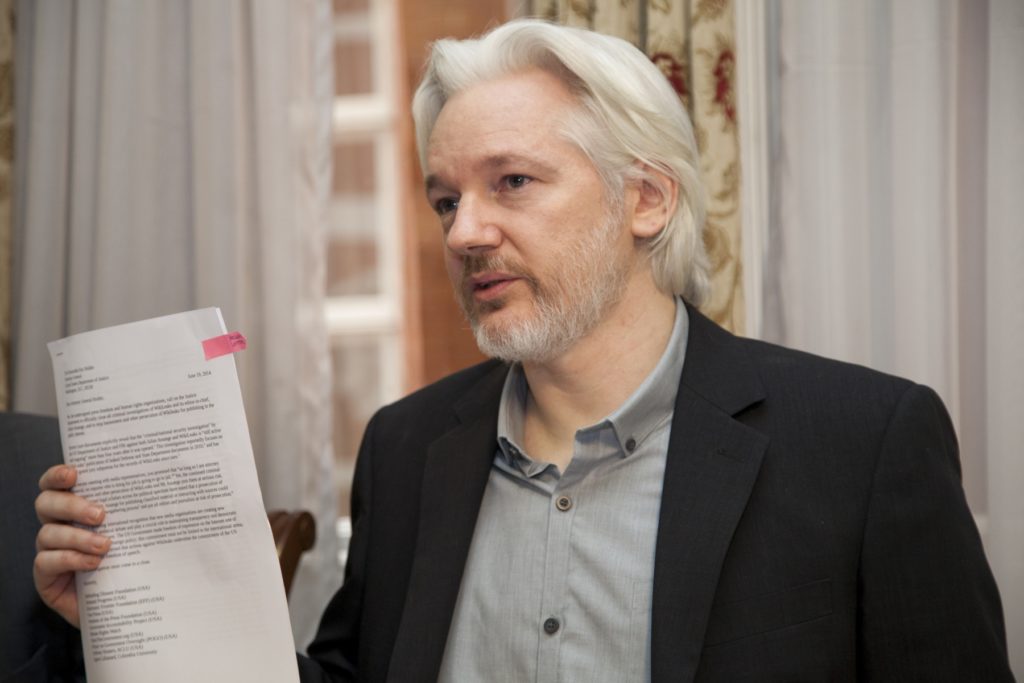
A British court today ruled that Julian Assange can be extradited to the United States to face Espionage Act charges. We condemn this decision, and reiterate our condemnation of the United States’ outrageous prosecution of Assange.
Charging seventeen counts of the overbroad and draconian Espionage Act against a journalist and a publisher poses unavoidable and unacceptable risks to press freedom in the U.S. and around the world. This case, the first Espionage Act charge against a journalist or publisher, creates precedent that could easily be used to ensnare others, just as earlier prosecutions paved the way for normalizing Espionage Act prosecutions against sources and whistleblowers. Prosecutions once considered shocking and novel are now routine. Now with the Assange extradition, the U.S. government is taking the position that these secrecy laws apply to foreign publishers. This is a boon to authoritarianism and chills press freedom and human rights everywhere. Moreover, it makes U.S. journalists vulnerable to prosecution by hostile regimes for violating their secrecy laws.
Our work is all the more urgent now that publishers are the target. We’ve been warning for years that this would be the logical conclusion of going after whistleblowers and sources. The Espionage Act does not distinguish between whistleblowers, sources, publishers or journalists. Anyone who discloses or even possesses information the government deems classified is at legal risk for prosecution. The Espionage Act of 1917 is constitutionally dubious, and now the unwritten norm of holding off on its use against publishers and journalists has been abandoned.
We also fear greatly for Julian’s personal safety and well-being. We can say from our experience with other Espionage Act cases that the assurances on prison conditions offered to the U.K. by the U.S. are not worth the paper they are written on. In October, our client Daniel Hale was arbitrarily placed in a Communications Management Unit (CMU) — originally created under the pretext of the war on terror — for pleading guilty to non-violent crimes. Technically, the CMU meets the letter of U.S. assurances to Assange, but is in many ways more isolated from the outside world than would be a supermax facility. One can also look to the experiences of Reality Winner who — even at a federal medical facility — did not receive adequate treatment for her eating disorder or suicidal ideation, was left without heat during last year’s Texas blizzard, and was sexually abused and threatened for reporting it, without accountability. The U.S. prison system is irredeemably inhumane.
We stand against this expansion of the War on Whistleblowers. We call on the U.S. government to end this prosecution, and for Congress to repeal the Espionage Act to ensure it can’t be used as a cudgel against those who reveal truthful information that is in the public interest.